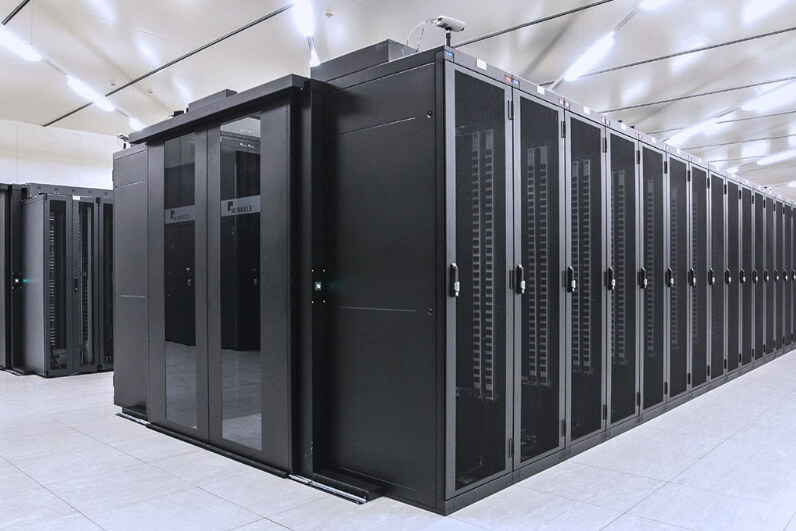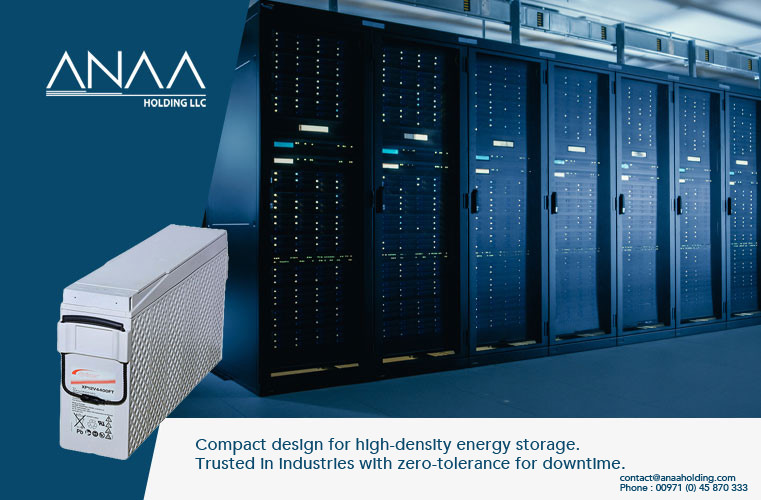
Uninterrupted Operations: The Role of Industrial Batteries in Manufacturing
In the intricate web of modern manufacturing, a steady and reliable power supply is paramount to sustain seamless operations. The machinery, processes, and data systems that drive production are highly sensitive to even the slightest power disruption. This is where industrial batteries step in as unsung heroes, ensuring uninterrupted operations by providing backup power during outages and fluctuations. In this blog post, we’ll explore the indispensable role of industrial batteries in manufacturing, their types, benefits, and considerations for integration.
The Crucial Role of Industrial Batteries
Industrial batteries serve as a lifeline for manufacturing facilities, bridging the gap between grid power interruptions and continuous production. They offer an immediate and stable source of power when the primary supply fails, preventing costly downtime, data loss, and equipment damage. From automotive assembly lines to pharmaceutical production, these batteries are the backbone that sustains the rhythm of industrial processes.
Types of Industrial Batteries
- Rectifier: Converts AC power from the mains into DC power.
- Battery Bank: Stores DC power and serves as the primary power source during outages.
- Inverter: Converts DC power from the battery into stable AC power for connected equipment.
- Static Bypass Switch: Allows the load to be transferred to mains power if the UPS encounters a fault.
- Monitoring and Control Unit: Manages UPS functions, battery status, alarms, and communication with external systems.
Types of Industrial UPS Systems
- Lead-Acid Batteries: These traditional batteries are known for their reliability and cost-effectiveness. They are suitable for applications where the discharge rate is relatively low and steady.
- Lithium-Ion Batteries: With a higher energy density and faster charge-discharge cycles, lithium-ion batteries are gaining popularity in manufacturing. They are ideal for applications that demand rapid response times and compact solutions.
Benefits of Industrial Batteries in Manufacturing
- Downtime Minimization: Industrial batteries ensure operations continue seamlessly during power interruptions, reducing production downtime and maintaining delivery schedules.
- Voltage Stability: Batteries help maintain consistent voltage levels, protecting sensitive equipment from voltage sags and surges.
- Critical Data Protection: Manufacturing processes often rely on interconnected data systems. Batteries prevent data loss during sudden power cuts, preserving work in progress and crucial records.
- Equipment Longevity: Unstable power supply can damage machinery over time. Batteries contribute to extending the lifespan of industrial equipment.
- Regulatory Compliance: Certain industries, such as pharmaceuticals, must adhere to strict regulations. Battery-backed systems ensure compliance by preventing process disruptions.
Integration Considerations
- Load Analysis: Understand the power requirements of different manufacturing processes to size the battery backup system accurately.
- Redundancy: Implement redundant battery systems for critical applications to ensure backup in case of battery failure.
- Charging Infrastructure: Design a charging and maintenance strategy to keep batteries ready for action at all times.
- Environmental Factors: Consider factors like temperature, humidity, and ventilation to create an optimal battery storage environment.
- Testing and Maintenance: Establish regular testing and maintenance routines to verify battery health and performance.
In the intricate tapestry of manufacturing, where every machine, process, and connection counts, the role of industrial batteries is pivotal. Their ability to provide a constant source of power during outages, regulate voltage, protect critical data, and sustain equipment longevity is indispensable for modern manufacturing facilities. By understanding the types, benefits, and integration considerations of industrial batteries, manufacturers can ensure uninterrupted operations, meet production targets, and build resilience in the face of power uncertainties. These unassuming powerhouses truly stand as the guardians of seamless manufacturing processes.




